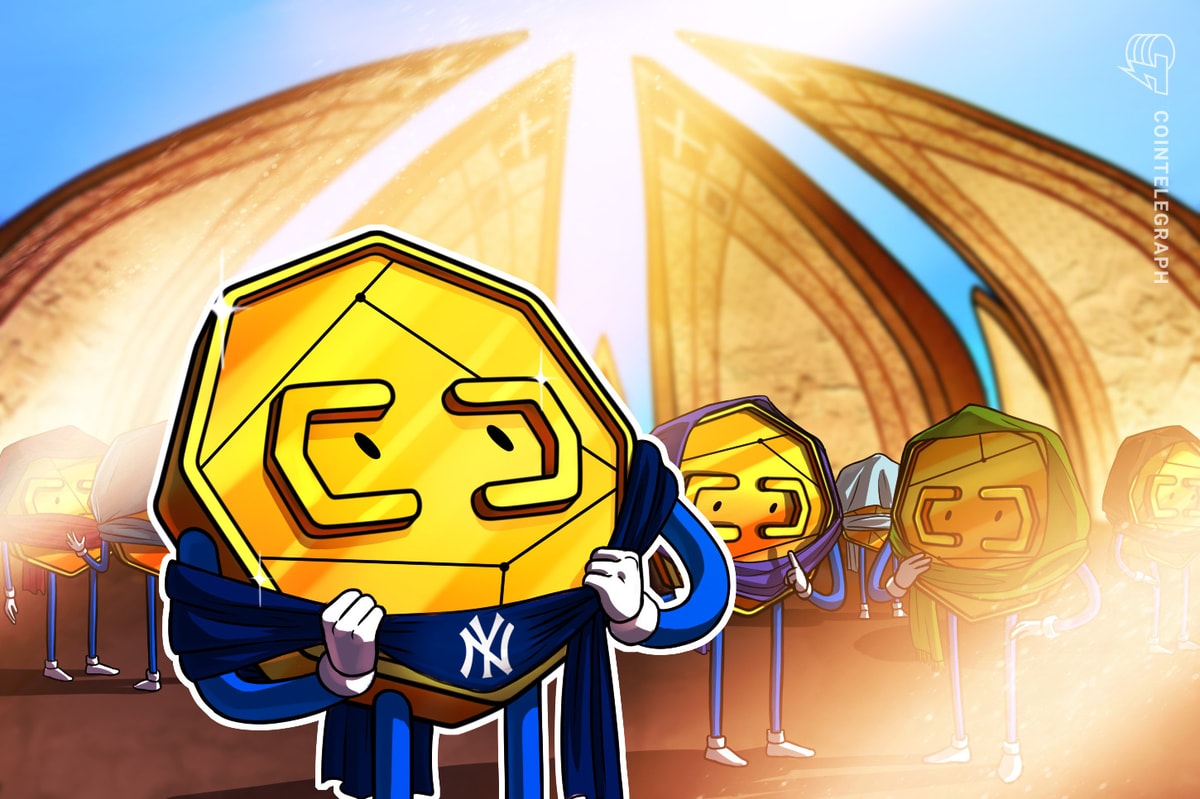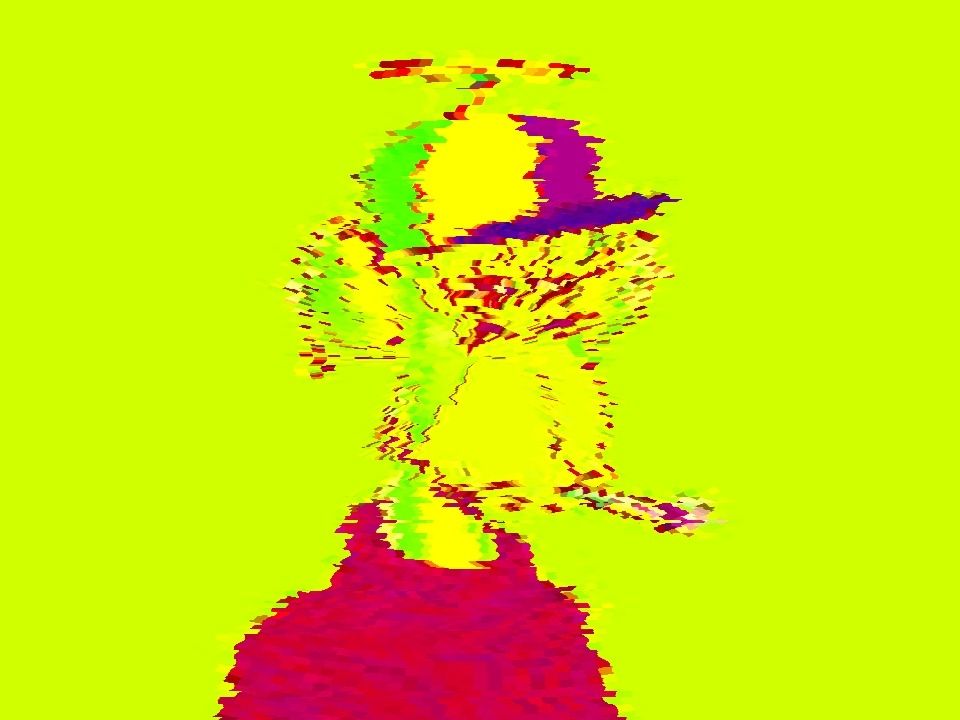Representative Adam Schiff recently announced the Generative AI Copyright Disclosure Act, a bill that would require gen AI companies like Midjourney and OpenAI to disclose if any copyrighted works were used in its training data. As he put it in the announcement:
We must balance the immense potential of AI with the crucial need for ethical guidelines and protections. My Generative AI Copyright Disclosure Act is a pivotal step in this direction. It champions innovation while safeguarding the rights and contributions of creators, ensuring they are aware when their work contributes to AI training datasets. This is about respecting creativity in the age of AI and marrying technological progress with fairness.
The bill is backed by a raft of major film and music industry groups (Congressman Schiff is based in Los Angeles), and it seems intended to primarily protect those mediums from unauthorized AI training of their intellectual property.
But does it apply to video games, virtual worlds, and metaverse platforms? That’s not made clear in the wording.
So I contacted Adam Schiff’s office. Asking exactly that:
“Would the Act apply to 3D models, i.e., content in video games, virtual worlds, and metaverse platforms? So for instance, 3D models of castles, heroes, user-generated 3D models, and so on.”
Rep. Schiff’s communications officer confirmed to me that indeed it does:
“Yes, it would apply to any copyrighted material.”
That’s an important clarification, as the game/metaverse industry clamors to add generative AI content into their experiences. (And the bill, if passed, would retroactively apply “to previously released generative AI systems”.) Indeed, Midjourney’s CEO recently told me the company plans to create something like the Holodeck of Star Trek.
But if Schiff’s act becomes a law, every generative AI platform would probably need to seek permission, license, and compensate creators of 3D content in their system, once they or the copyright holder (such as a game publisher) is notified. Which will be another daunting cost for most platforms. (Though some gen AI platforms already train only on licensed content.)
But will it become a law? Schiff’s office tells me there’s no timeline for when it’s expected to be put up for a vote.
My semi-informed forecast is it has a very good chance of being made a law — after the 2024 election, depending on its outcome:
Above: Created in Midjourney by Kala Bijoux with the prompt, “Imagine Adam Schiff as a video game character fighting dragons”
Among Democrats, Schiff is a very well-known and admired Congressperson, thanks in great part for leading the prosecution of both Trump impeachments. He’s now running for Senate and will almost certainly win.
So if Adam Schiff is elected, and Biden is elected, and the Democrats win both the House and Senate — give that a 50-60% chance of happening — Schiff is perfectly positioned to pass this bill.
Then again, if Trump is elected, worrying about copyright in AI platforms will probably be the least of all our concerns. Including Adam Schiff.
Top image generated by Pikaso, generative AI program recommended to me by Gogo, who has a blog post about it.
Please support posts like these by buying Making a Metaverse That Matters!
Read More: nwn.blogs.com








 Bitcoin
Bitcoin  Ethereum
Ethereum  Tether
Tether  XRP
XRP  Solana
Solana  USDC
USDC  TRON
TRON  Dogecoin
Dogecoin  Cardano
Cardano  Lido Staked Ether
Lido Staked Ether  Wrapped Bitcoin
Wrapped Bitcoin  Hyperliquid
Hyperliquid  Wrapped stETH
Wrapped stETH  Sui
Sui  Chainlink
Chainlink  LEO Token
LEO Token  Stellar
Stellar  Avalanche
Avalanche  Toncoin
Toncoin  Bitcoin Cash
Bitcoin Cash  Shiba Inu
Shiba Inu  USDS
USDS  Hedera
Hedera  WETH
WETH  Wrapped eETH
Wrapped eETH  Litecoin
Litecoin  Monero
Monero  Binance Bridged USDT (BNB Smart Chain)
Binance Bridged USDT (BNB Smart Chain)  Polkadot
Polkadot  Ethena USDe
Ethena USDe  Bitget Token
Bitget Token  Pepe
Pepe  Coinbase Wrapped BTC
Coinbase Wrapped BTC  WhiteBIT Coin
WhiteBIT Coin  Pi Network
Pi Network  Aave
Aave  Uniswap
Uniswap  Dai
Dai  Ethena Staked USDe
Ethena Staked USDe  Bittensor
Bittensor  OKB
OKB  Cronos
Cronos  BlackRock USD Institutional Digital Liquidity Fund
BlackRock USD Institutional Digital Liquidity Fund  Aptos
Aptos  NEAR Protocol
NEAR Protocol  Jito Staked SOL
Jito Staked SOL  Internet Computer
Internet Computer  Ondo
Ondo  Ethereum Classic
Ethereum Classic